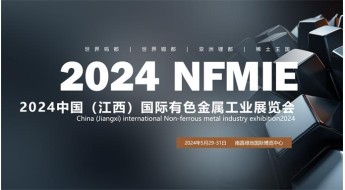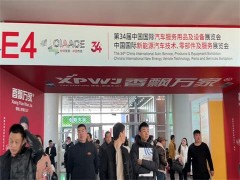
According to foreign media reports, the Chinese auto parts manufacturer is now rapidly building a factory in the outskirts of Monterrey, Mexico, so that it can supply Tesla's next factory.
Foreign media quoted sources familiar with the matter as saying that Tesla CEO Elon Musk (Elon Musk) previously invited Chinese suppliers to build factories in Mexico, thereby copying the local supply chain model of Tesla Shanghai factory to Mexico. At the end of last year, Tesla was approved to build a "Gigafactory" in Nuevo Leon, Mexico, and received 2.63 billion pesos (about $153 million) from the local government to build the factory. It is reported that Tesla's Mexican Gigafactory will mainly produce cheaper next-generation electric vehicles.
For now, Tesla's Austin factory is not the only one that buys auto parts made by Chinese companies from Mexico. Previously unpublished preliminary data from Mexico's National Auto Parts Industry Association (INA) showed that the value of Chinese auto parts produced in Mexico and exported to the United States reached $1.1 billion in 2023, up 15 percent from the previous year. According to INA data, 33 Chinese auto parts manufacturers registered in Mexico last year, 18 of which export products to the United States.
According to Venkatesh Prasad, chief innovation officer at the Center for Automotive Research, It makes sense that Tesla and other U.S. automakers would want to take advantage of China's "highly organized and efficient supply chain." "Carmakers around the world need to manage their margins, and sourcing from Chinese auto parts manufacturers is part of that," he said.
Recent Chinese investments in Mexico include Ningbo Topu Group, Shanghai Bahong Auto Parts Co., Dongshan Precision, Silver Wheel and Chinaust Group, a joint venture between Lingyun and Georg Fischer AG of Switzerland. These companies mainly produce heating and cooling systems, shock absorption products, metal components and other components.
Chinese companies are increasingly investing in countries like Mexico. Chinese industrial companies are using 9.31 million square feet (86.5 hectares) of Mexican industrial park space by 2023, up from 1.28 million square feet (11.9 hectares) in 2019, according to data from Finsa, a Mexican real estate development company.
Under the 2022 Inflation Reduction Act, signed into law by President Joe Biden, electric vehicles assembled in Mexico can also qualify for a U.S. consumer tax credit of up to $7,500. David Barrera, director of business development in Nuevo Leon for Banco base SA, a local bank, said Chinese companies "eager to become suppliers to Western automakers" are opening Shelter companies following Mexican business guidelines.
Through this model, Chinese enterprises do not need to set up a company in Mexico, but the Shelter service provider provides the production license, provides employees and rents the factory in the name of the Shelter service company. Chinese enterprises provide machinery and equipment and raw materials for production, and organize specific production.
In addition to Chinese auto parts makers, BYD, Chery and SAIC's MG brand have sought to open factories in Mexico. Oscar Silva Eguibar, a consultant at Roland Berger, a consulting firm, said the manufacturers could build plants in four years, start production in six, and then export cars to the United States.












